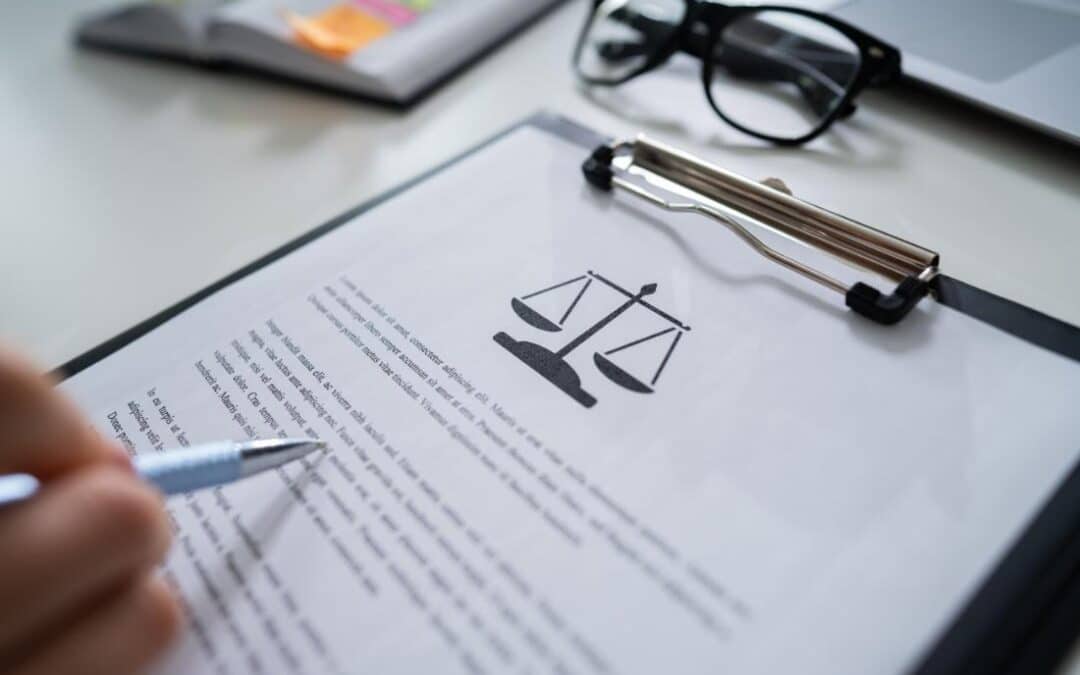Process Server
A process server is a professional responsible for delivering legal documents to individuals involved in a court case. This role is crucial in the legal system as it ensures that all parties are properly notified of legal actions, such as lawsuits or court orders. Process servers must adhere to the laws and regulations of their jurisdiction, which often include specific methods of document delivery and timelines.
The primary duty of a process server is to serve legal documents like summonses, complaints, subpoenas, writs, and other court documents to a defendant or an individual involved in a court case. This service of process must be done in a manner that complies with legal standards to uphold the rights of the recipient and ensure the validity of the service. It often involves personal delivery to the individual, but can also include substituted service on another individual or entity, depending on legal requirements.
Process servers are typically required to verify the identity of the recipient before handing over the documents. This ensures that the correct person receives the legal notice. Once the documents are delivered, process servers must provide proof of service, often in the form of an affidavit or a declaration, which is then returned to the client or filed with the court. This proof is a critical element in legal proceedings as it confirms that the individual has been notified of the legal action against them.
The profession of process serving varies globally. In some countries, process servers may be court officials or law enforcement agents, while in others, they are independent contractors or part of private companies. The requirements to become a process server also differ, with some regions requiring licensure, training, or registration. In many cases, individuals with a background in law enforcement or private investigation pursue careers as process servers, leveraging their skills in locating individuals and understanding legal protocols.
Process servers often face challenges in their line of work. They must locate and serve individuals who may be evasive or hostile. Therefore, they need to be knowledgeable about the law, skilled in interpersonal communication, and sometimes even adept at investigative techniques. Their role is not only to serve papers but also to diffuse potentially volatile situations, maintaining professionalism and adhering to legal standards.
In the digital age, the role of process servers is evolving. Some jurisdictions are beginning to accept electronic service of documents in certain circumstances. However, the physical delivery of legal documents remains a cornerstone of the legal process, ensuring personal notice and upholding the principles of fairness and due process in legal proceedings.
Process servers play a vital role in the legal system. They bridge the gap between the courts and the individuals involved in legal matters, ensuring that all parties are aware of and can respond to legal actions. Their work upholds the principles of justice by ensuring that no individual is taken by surprise in legal proceedings and that everyone has the opportunity to be heard in court.
For those in need of professional process serving services or seeking more information about this essential role in the justice system, Contact the team to schedule process service with Aceso. Our experts are ready to assist you with your legal needs and ensure that your documents are served in compliance with all legal requirements.










